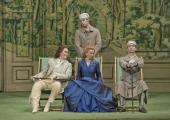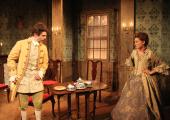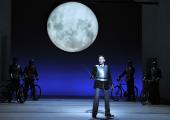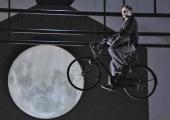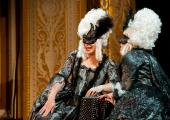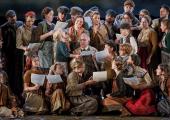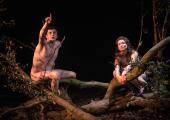Remembering Christopher Hogwood (1941-2014)
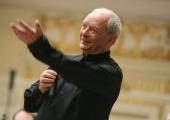
Tributes to the conductor, scholar and gentleman from musicians who worked with him
He was not only a bracing conductor/harpsichordist pioneer in period-instrument authenticity, writes David Nice, but also a gentleman and a scholar. My only direct acquaintance with Christopher Hogwood, who died earlier this week at the age of 73, was in two projects dear to his heart: the recording of Handel’s Orlando, mentioned by its countertenor star James Bowman below as a highlight of his career, and his phenomenally well researched Haydn symphonies series, both for that handsomely logo-ed early music branch of Decca known as L’Oiseau-Lyre.

